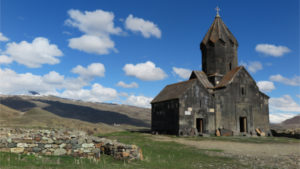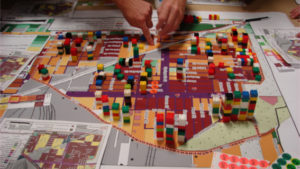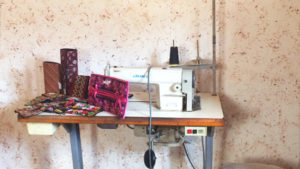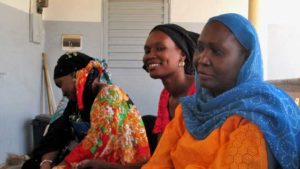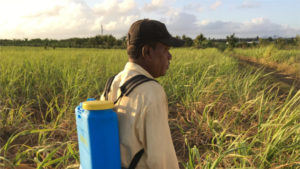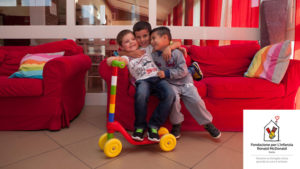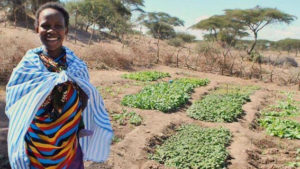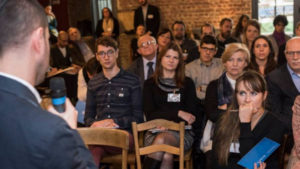Strategic Plan of the Metropolitan City of Florence 2030
Location: Metropolitan City of Florence (MCF)
Duration: December 2015 – April 2017
Clients and partnerships: The MCF was supported by a scientific committee that was coordinated by Prof. Andrea Simoncini ( member of ARCO’s own scientific committee) and composed of delegates from the University of Florence, members of government organizations like IRPET (Regional Institute for Economic Planning of Tuscany), and private firms like FRI (Research and Innovation Foundation, University of Florence) and “Avventura Urbana.”
Context
The MCF has been described as “the smallest global city in the world.” It is characterised by eleven “territorial rhythms” (peculiarities) and its geographical position is strategically important at both the regional and national level. A dynamic interpretation of its three most relevant macro-sectors — culture and higher education, handcrafting and local production, and landscape and sustainability — places Florence among the most competitive and creative cities in the world.
General objective
To create project proposals that were included in “METROPOLITAN RENAISSANCE – Strategic Plan 2030.” The plan sets out a pathway for increasing quality of life in the MCF.
Our contribution
Prof. Mario Biggeri, a member of the scientific committee, coordinated the preliminary analyses and basic design of the “social inclusion” initiatives, which will foster widespread participation in social life.
ARCO’s activities included:
- Creating a roundtable discussion on social issues that helped coordinate local administrative entities (i.e. municipalities belonging to the MTF) and “third sector” actors, with special emphasis on responding to social cohesion and inclusion needs.
- Creating a “Housing Window” for disseminating information and facilitating the adoption of new housing models — social housing, co-housing, and temporary housing — at the municipal level
- Establishing a “community trigger” — a “community case manager” that can facilitate interaction between citizens, institutions, and civil society associations.
- Enhancing job quality by formulating tax break proposals for local enterprises (in addition to those already included in the National Budget Law) that guarantee additional services and benefits for their employees
- Contributing to the MVF’s branding efforts by promoting a roundtable discussion that consisted of both local authorities and large-scale/transnational companies that carry out activities in the MCF area. The roundtable promoted a “Made in Florence” brand that preaches an ethical approach to business
The Ente Cassa di Risparmio di Firenze, a major bank in Florence, contributed financially to the activities described above.
Read more on our Local Development Unit
